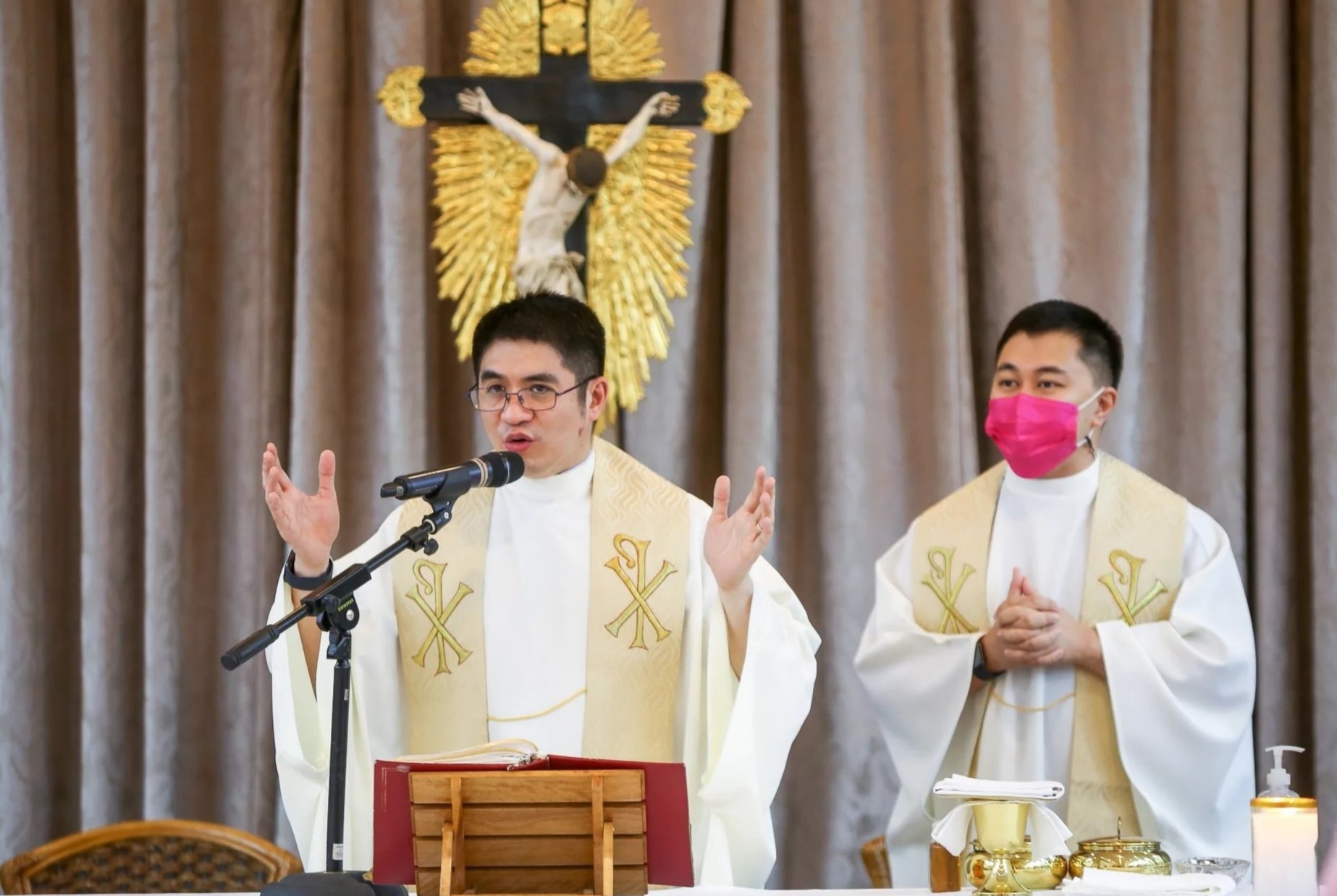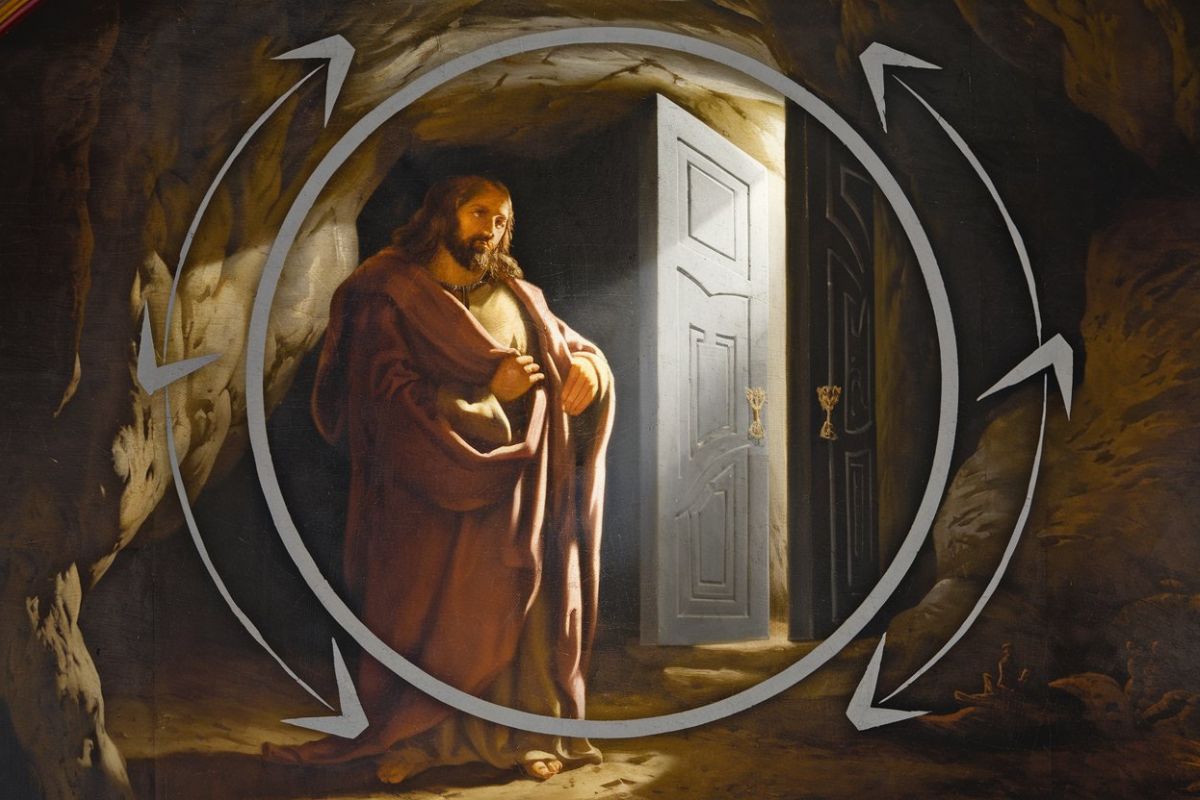
Ever wondered what a Vicar General does? This role, steeped in history and tradition, holds significant authority within the Catholic Church. A Vicar General acts as the bishop's right-hand person, managing diocesan affairs and ensuring church laws are followed. They handle everything from administrative duties to pastoral care, making their role vital for smooth church operations. Did you know that the title "Vicar General" dates back to the early centuries of Christianity? Their responsibilities can vary widely depending on the diocese's needs. Whether it's overseeing finances, guiding priests, or representing the bishop at events, a Vicar General wears many hats. Curious to learn more? Let's dive into 20 intriguing facts about this fascinating role.
Who is a Vicar General?
A Vicar General is a significant figure within the Catholic Church. They assist the bishop in administrative duties and ensure the diocese runs smoothly. Here are some intriguing facts about this vital role.
-
The term "Vicar General" comes from the Latin phrase "vicarius generalis," meaning a general substitute or deputy.
-
Vicars General are appointed by the bishop of a diocese and serve at the bishop's discretion.
-
They hold the highest administrative office in a diocese after the bishop.
-
The role of a Vicar General dates back to the early centuries of the Church, evolving over time to meet the needs of the diocese.
Duties and Responsibilities
Understanding the responsibilities of a Vicar General helps appreciate their importance. They handle various tasks that keep the diocese functioning effectively.
-
They oversee the implementation of diocesan policies and ensure compliance with Church laws.
-
Vicars General often handle the day-to-day administrative tasks, allowing the bishop to focus on pastoral duties.
-
They may represent the bishop at official functions and meetings when the bishop is unavailable.
-
Vicars General are responsible for coordinating the work of other diocesan officials and departments.
Qualifications and Appointment
Becoming a Vicar General requires specific qualifications and a formal appointment process. These criteria ensure that only capable individuals fill this crucial role.
-
A Vicar General must be a priest, usually with several years of experience in pastoral or administrative roles.
-
They often hold advanced degrees in theology, canon law, or related fields.
-
The bishop appoints the Vicar General, and the appointment is typically confirmed by the Holy See.
-
Vicars General must take an oath of fidelity and make a profession of faith upon their appointment.
Historical and Modern Context
The role of Vicar General has evolved, adapting to the changing needs of the Church. This section explores both historical and modern aspects of the position.
-
In medieval times, Vicars General had more judicial authority, often acting as judges in ecclesiastical courts.
-
Today, their role is more administrative, focusing on governance rather than judicial matters.
-
The Second Vatican Council emphasized the importance of the Vicar General in promoting pastoral care and diocesan unity.
-
In some dioceses, there may be more than one Vicar General, each overseeing different aspects of diocesan administration.
Interesting Tidbits
Here are some lesser-known facts about Vicars General that highlight the unique aspects of their role.
-
The Vicar General's office is often located in the diocesan chancery, the central administrative office of the diocese.
-
They may also serve as the bishop's confidant and advisor on sensitive matters.
-
In some cases, a Vicar General may be appointed as an auxiliary bishop, providing additional support to the diocesan bishop.
-
The term of a Vicar General can vary, but it typically lasts as long as the appointing bishop remains in office.
Final Thoughts on Vicar Generals
Vicar Generals play a crucial role in the Catholic Church. They assist bishops in administrative duties, ensuring smooth operations within dioceses. These officials often handle tasks like overseeing clergy, managing church properties, and implementing policies. Their work allows bishops to focus on spiritual leadership and pastoral care.
Understanding the responsibilities of a Vicar General helps appreciate their importance. They act as the bishop's right hand, ensuring the church's mission is carried out effectively. Their dedication and hard work often go unnoticed but are vital for the church's functioning.
Next time you hear about a Vicar General, you'll know just how essential they are. Their behind-the-scenes efforts keep the church running smoothly, supporting both clergy and laity. So, let's give a nod to these unsung heroes who play a pivotal role in the Catholic Church's daily life.
Was this page helpful?
Our commitment to delivering trustworthy and engaging content is at the heart of what we do. Each fact on our site is contributed by real users like you, bringing a wealth of diverse insights and information. To ensure the highest standards of accuracy and reliability, our dedicated editors meticulously review each submission. This process guarantees that the facts we share are not only fascinating but also credible. Trust in our commitment to quality and authenticity as you explore and learn with us.


